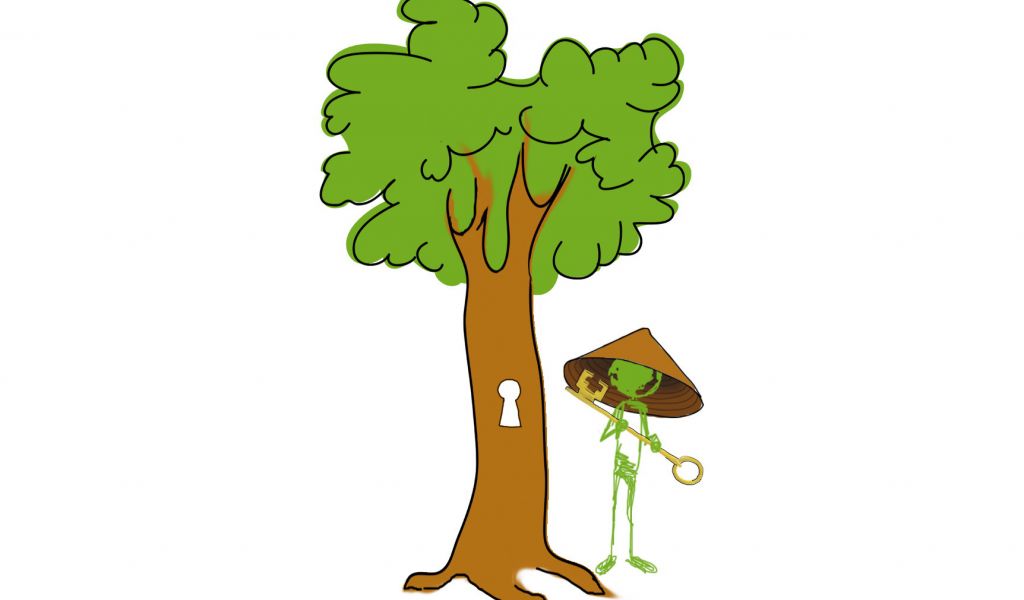Community Carbon Accounting: Practical Measurements and Measurers

Registration to the conference for non-government delegates opened at 12:00 yesterday, after the opening ceremony had been safely negotiated. I arrived at 12:30 to be greeted by a shivering, snaking 500-meter queue, moving at a glacial pace. Rather than being frozen out of proceedings for the next 3 hours, I moved on to the external side event organized by partners in the Kyoto – Think Global Act Local (KTGAL) project, who have spent the last six years demonstrating efficient and cost-effective Community Carbon Accounting (CCA) methodologies in eight countries across the global south.
As this editorial in Nature affirmed last month, it is at the local level that efforts to conserve and manage forests sustainably will either succeed or fail. Nations that ensure that local people are intimately involved in REDD+, and benefit from its implementation, are most likely to succeed. It is fortunate, then, that local people do indeed hold the key, not only to achieving results in terms of reduced forest degradation, but also, as KTGAL has demonstrated, in generating the data needed to verify these results.
As Patrick van Laake of ITC emphasized, despite rapid advances in remote sensing technology, it is simply not possible to assess forest biomass without direct on-the-ground measurement. GIS tools are essential for verification of this ground-based data but are not a substitute for them. KTGAL’s evidence that local people can readily acquire the skills needed to generate raw data, of equivalent accuracy and for as little as a quarter of the cost of professional forest assessment, must now be publicized widely. This will form an essential part of post-Copenhagen discussions on REDD+, in the search for methodologies which are effective, practical and allow equitable distribution of costs and benefits.
In addition, as a delegate from Mexico pointed out, giving local people the means and ability to generate scientifically verifiable data from their own forests will increase their capacity to negotiate a fair deal in any future REDD+ benefit sharing agreements.

